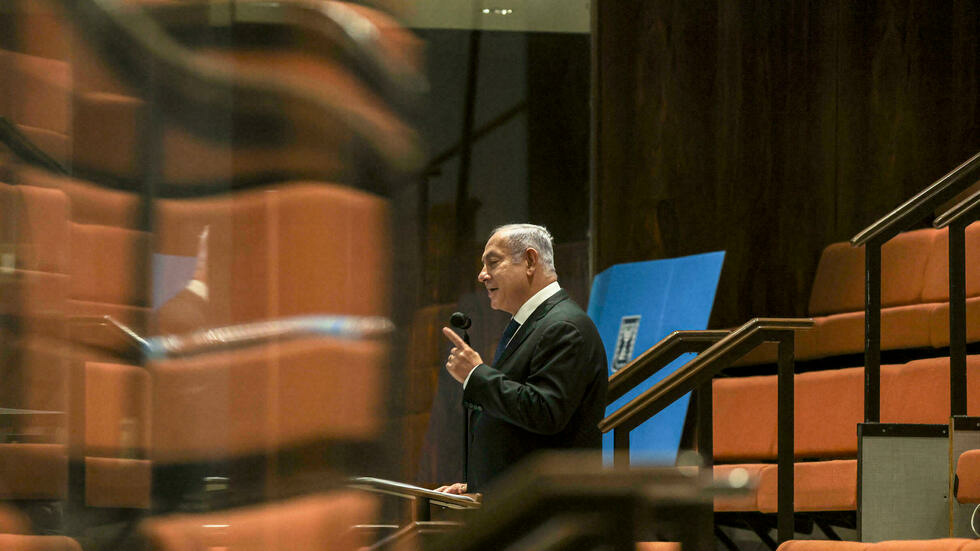Israel’s parliament held a preliminary vote in favour of a budget Thursday, in a country where an extended political crisis has for years prevented the legislature approving fiscal plans.
The budget proposal was approved in August by the coalition government of Prime Minister Naftali Bennett, who succeeded veteran premier Benjamin Netanyahu in June.
It was passed with 59 votes for and 54 against in the Knesset during its first reading on Thursday.
The budget bill will now go to committee before being submitted for final approval at a second or third reading in the autumn, with the new government’s survival depending on that vote.
“The state budget for 2021 will be around 432.5 billion shekels (about $134 billion, 113 billion euros) and around 452.5 billion shekels for 2022,” a finance ministry statement said, after the government decided to present a single budget for both fiscal years 2021 and 2022.
A protracted political crisis under Netanyahu generated political instability that saw four general elections in two years, and prevented the passing of a state budget. No budget had been voted through in Israel since 2018.
The government is now a union led by religious nationalist Bennett, who allied with centrist Yair Lapid to form an ideologically disparate eight-party bloc.
The coalition — which also includes leftists and Arab Islamic conservatives — ended 12 years of Netanyahu’s uninterrupted rule.
However, the alliance is formed of 61 deputies — a one-seat majority in the 120-seat parliament. If coalition lawmakers decide not to vote for the budget during the final reading, parliament would be dissolved and new elections called.
On Thursday in parliament, Netanyahu derided what he called a “very bad” budget. The fiscal plans, which rely on investments in public transport and high tech, “affect the weakest layers of Israeli society,” he said.
Israel’s economy has bounced back after being hit hard by the coronavirus pandemic.
In July, the central bank forecast GDP growth of 5.5 percent in 2021 and six percent in 2022, but warned of downside risks accompanying any potential future coronavirus lockdown.

